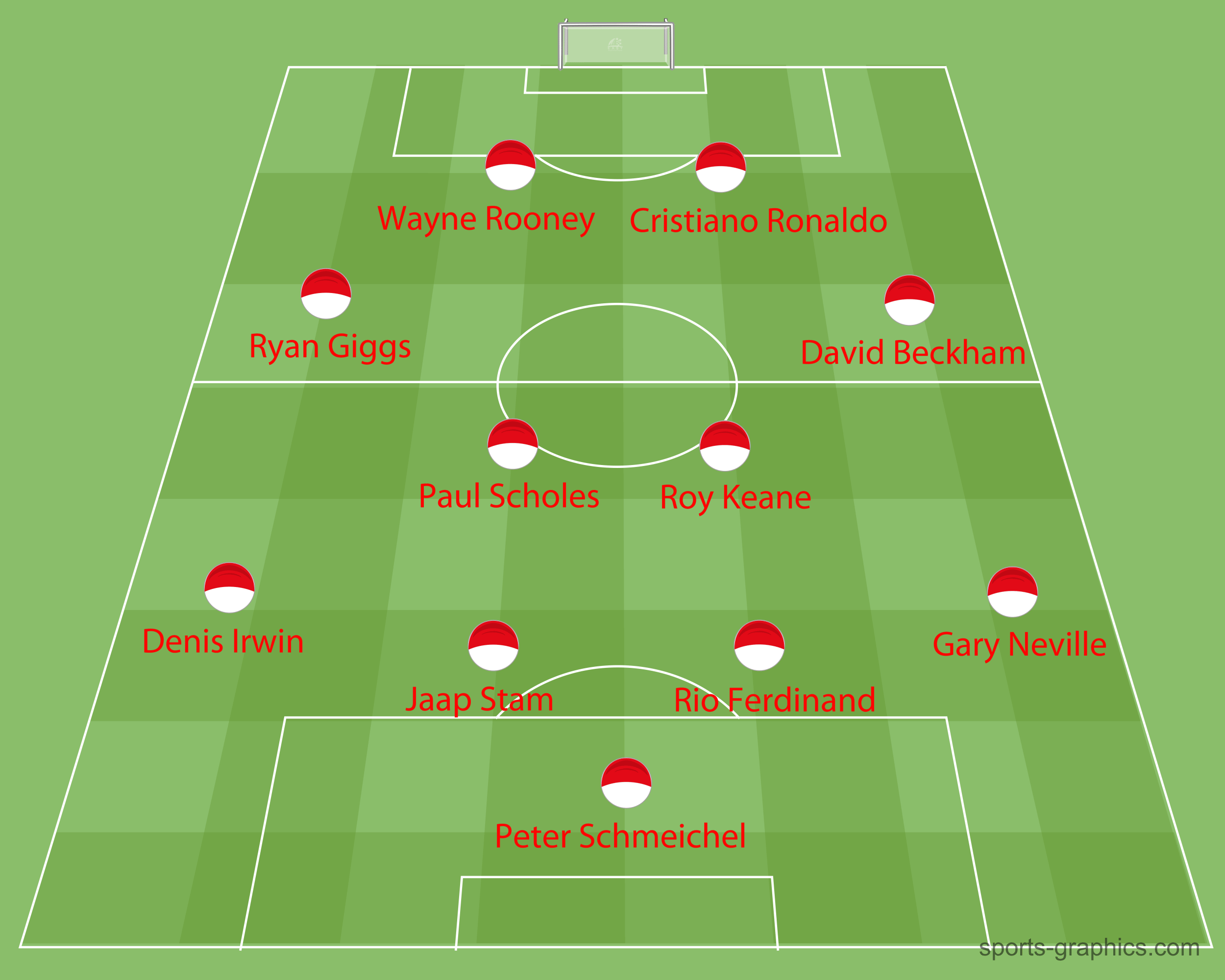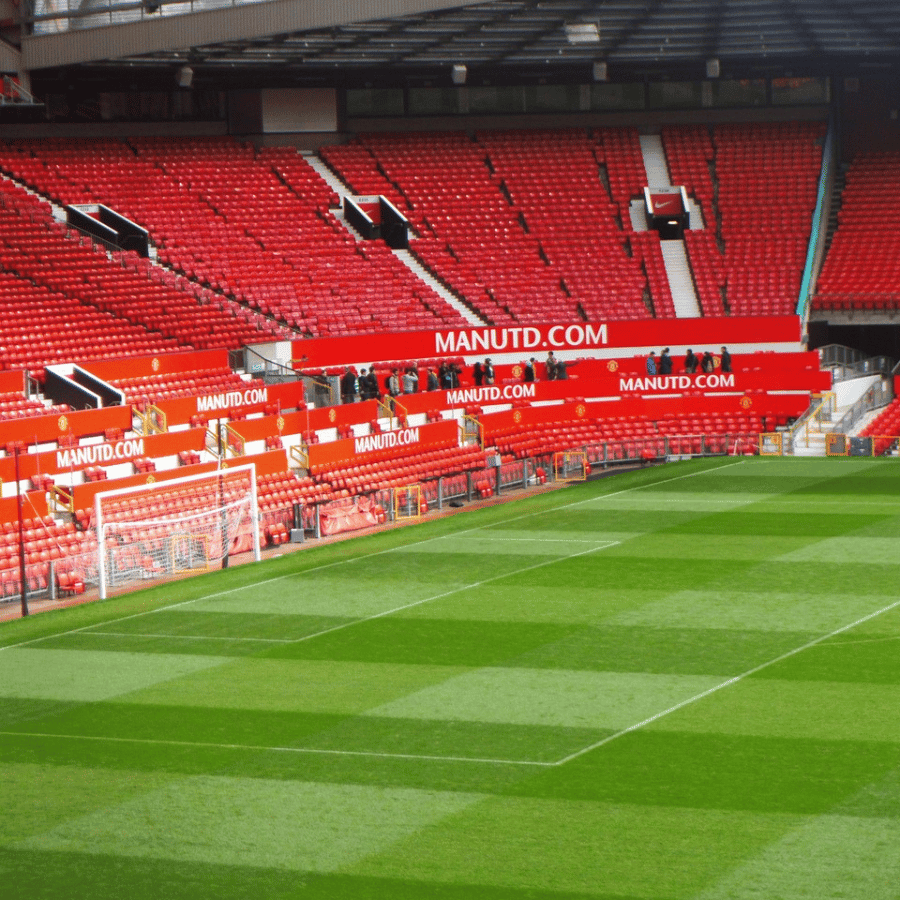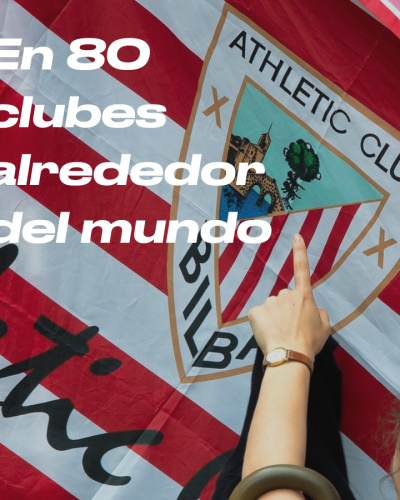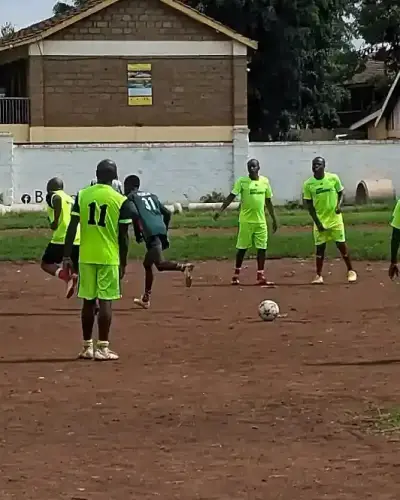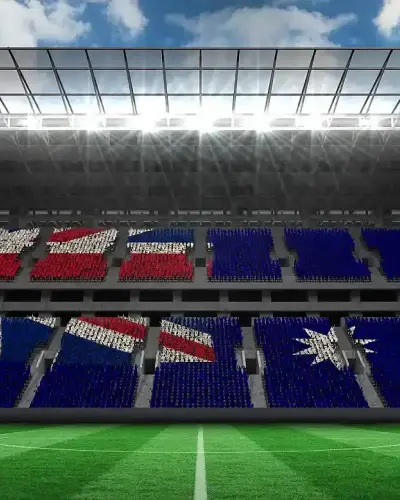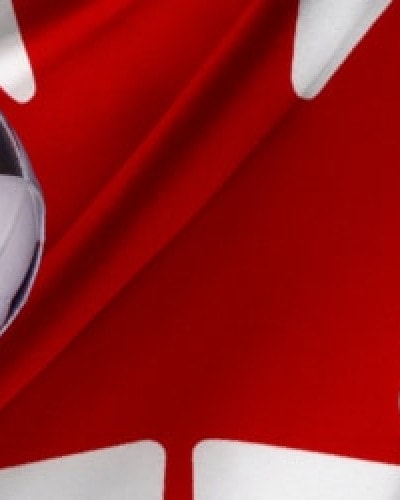In 80 Clubs Around the World – Manchester United Football Club
In our series "In 80 Clubs Around the World," we focus on the unique aspects of the often regimented world of football: club models that are creative and perhaps a bit off the beaten path are brought into the spotlight, as well as academies and youth departments that have found success through special approaches. In this edition, we turn our attention to a true heavyweight of international football, Manchester United Football Club.
They call their home "Theatre of Dreams," but fans of the English traditional club Manchester United can be found worldwide. The statistics presented by the club on its website are almost staggering. Since the 1997/98 season, Premier League home games have been sold out, peaking at over 1.9 million spectators for 26 matches in the 2018/19 season. By June 30, 2019, the club recorded 152.7 million connections of various kinds across all social media platforms (216.3 million followers as of June 2024). They claim to have 1.1 billion fans scattered across the globe.
This makes the "Red Devils" one of the most popular clubs in international football – even though their impressive trophy collection has grown only minimally since the departure of Sir Alex Ferguson from the managerial role. Since 2013, only a few notable titles have been added, including two FA Cup titles and the Europa League triumph in the 2016/17 season. Their long-standing dominance in English football, with 13 Premier League titles between 1992 and 2013, is a distant memory. Clubs like eternal rival Liverpool and Arsenal have surpassed the reds from Manchester. Furthermore, the new financial powerhouse, thanks to the millions from Sheikh ownership, comes from the sky-blue part of their own city, going by the name of Manchester City. Truly challenging times for the supporters of the "Reds."
Nevertheless, there are many reasons that make the club special and explain why their fanbase remains so large. On one hand, there’s the rich tradition, with the first successful era following World War II extending into the late 1960s. At that time, Sir Matt Busby was appointed as manager, which led to the young team earning the nickname "Busby Babes" in the 1950s. February 6, 1958, brought the greatest tragedy in the club's history when a plane crash in Munich claimed 23 lives, including eight players. However, the rebuilding in the years that followed and the resulting comeback certainly contributed to the club’s popularity. Around legends Denis Law, George Best, and Sir Bobby Charlton, a team was built that, in 1968, became the first English club to win the European Cup – the predecessor to today’s Champions League.
It is also noteworthy that Manchester United has fielded at least one academy graduate in every match since 1937, despite the club's financial prowess in today’s English football. This totals nearly 5,000 consecutive matches.
But perhaps the biggest impact on the popularity of the Red Devils came from a Scotsman. Sir Alex Ferguson was appointed manager in November 1986, ushering in the aforementioned most successful era in the club’s history. Although the first league title since 1967 took some time to arrive, significant early successes were achieved with a second-place finish, an FA Cup victory, and a triumph in the Cup Winners' Cup. Even though it would have been possible to make some star signings at that time given the available financial resources, “Fergie” chose to invest in youth. During the first championship season under the Scotsman's guidance, several later-famous youth players made their first steps in professional football. These players, who played a crucial role in winning the FA Youth Cup in 1992, became known as the "Class of '92." Among them were David Beckham, Paul Scholes, Ryan Giggs, Nicky Butt, and brothers Gary and Phil Neville. All of these players would not only remain at the club for at least 11 years and become national team players, but they also celebrated one of the greatest comebacks in football history: in the 1999 Champions League final against Bayern Munich, they turned a 0-1 deficit into a 2-1 victory in stoppage time, securing their first triumph in the competition and completing the season with a historic "treble" of league title, FA Cup, and Champions League.
In the following years, other football icons contributed to the reputation of the Red Devils. Notable names like Cristiano Ronaldo, Rio Ferdinand, Nemanja Vidić, Edwin van der Sar, Robin van Persie, and Wayne Rooney wore the Reds' jersey under Ferguson and celebrated the acquisition of another Champions League title in 2008. As the post-Ferguson era has been far less successful, other big names like Juan Mata, Ángel Di María, Bastian Schweinsteiger, Zlatan Ibrahimović, and Paul Pogba have faded somewhat into the background. At the same time, it shows that – often expensive – transfers may not be the key to success in the red half of Manchester. After all, the club was most successful when they relied on homegrown talent or at least scouted and signed players early, shaping them into world stars.
Following the partial takeover in December 2023 by Sir Jim Ratcliffe, whose team is now responsible for the sporting agendas, fans can only hope that Manchester United Football Club will once again become a true heavyweight in England and international football.
